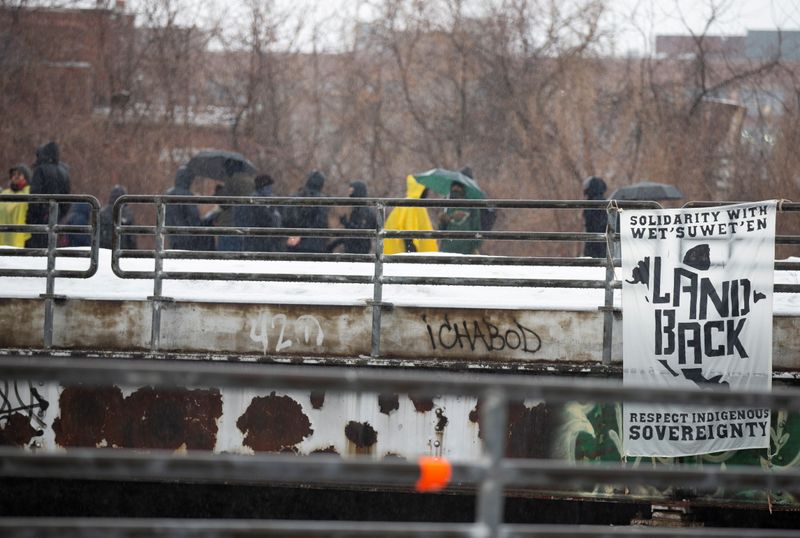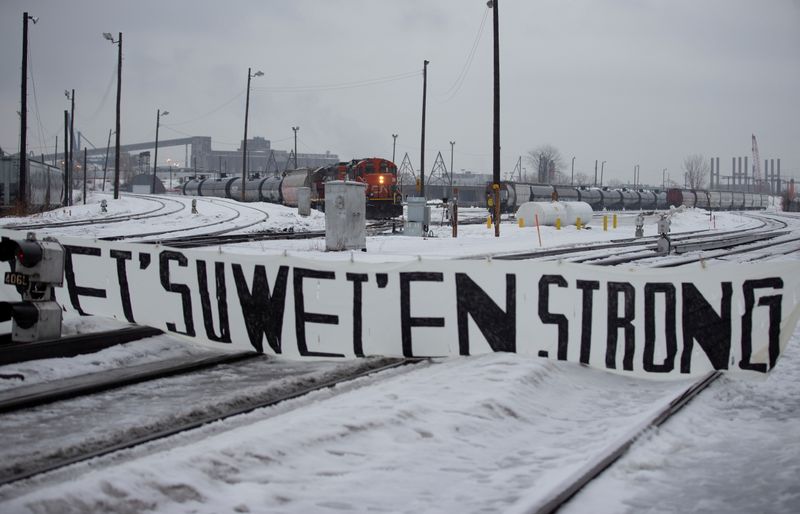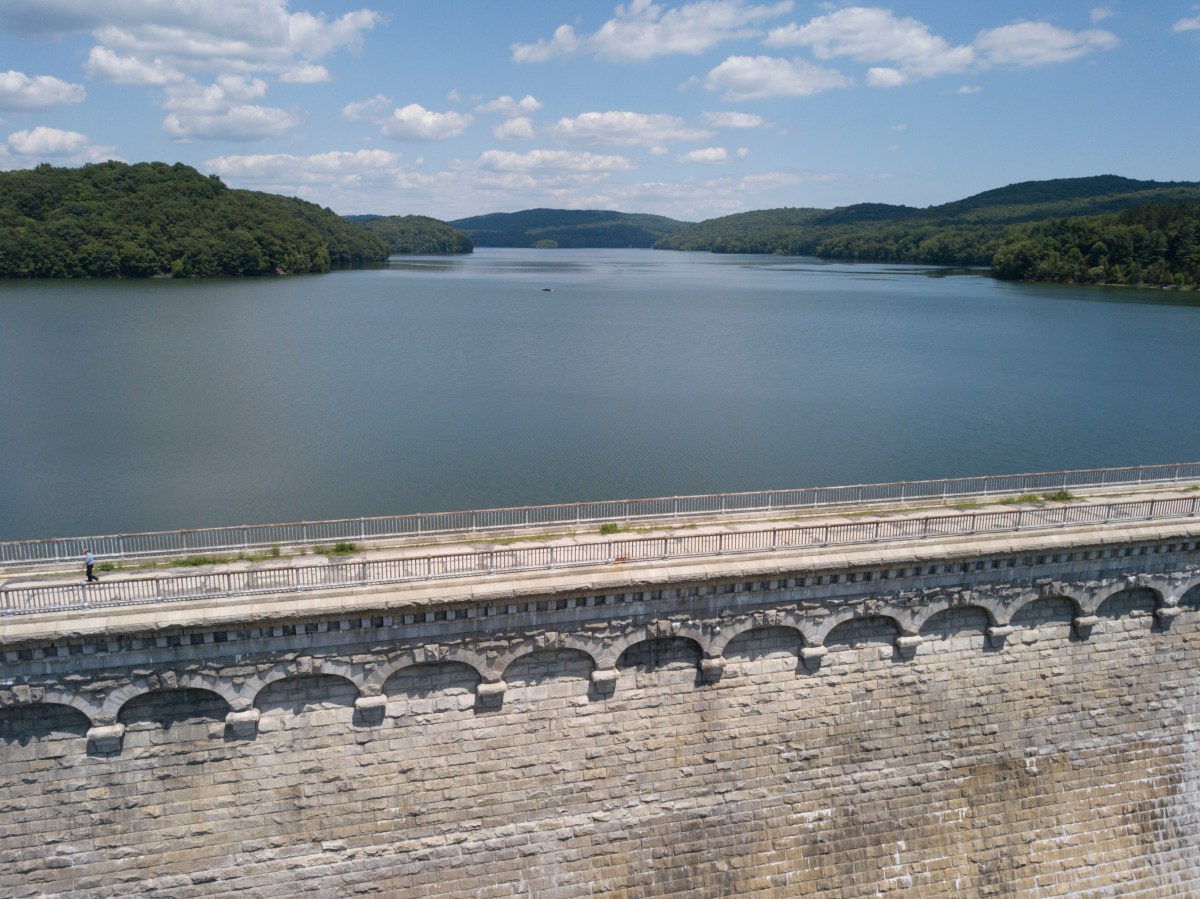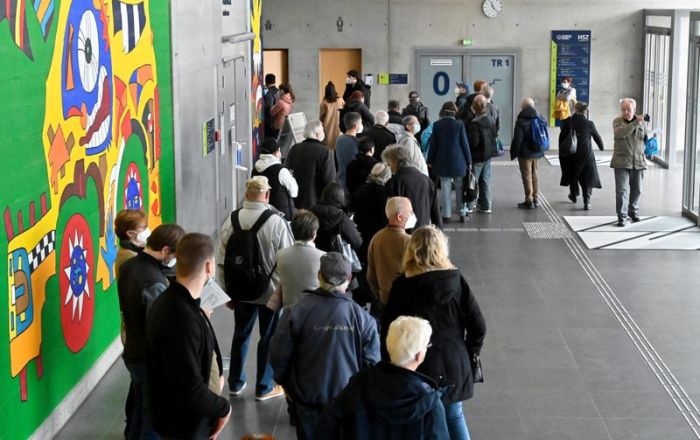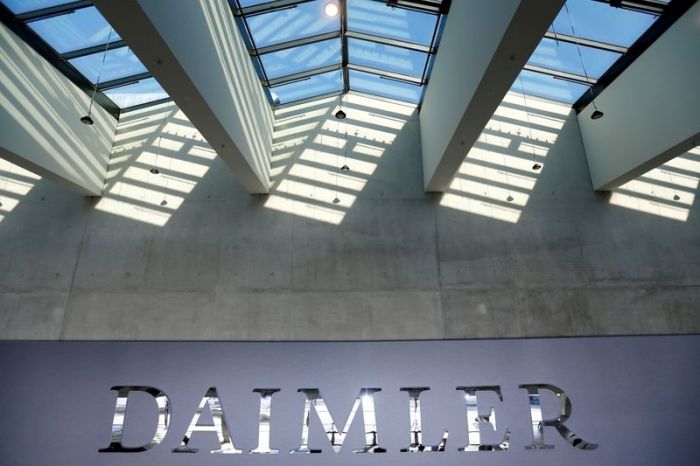OTTAWA (Reuters) -Canadian police on Thursday started arresting indigenous protesters at the site of TC Energy Corp’s Coastal GasLink pipeline in British Columbia, a First Nations group opposed to the project said.
The Royal Canadian Mounted Police earlier said they would break up a blockade around the project in the remote northern part of the province, which has long been opposed by the Gidimt’en clan and others on environmental grounds.
“Arrests are being made at Gidimt’en checkpoint,” said a Twitter account representing the Gidimt’en blockade. At least four arrests had been made and police were using heavy trucks and bulldozers, it said.
The Gidimt’en said on Sunday they had ordered workers to leave the camp, which is on their traditional territory. Coastal says its 500 workers on site are allowed to be there.
The RCMP did not immediately respond to requests for comment. It said earlier that some demonstrators had vandalized equipment, destroyed a road and blocking essential supplies.
Hereditary chiefs from the Gidimt’en and the four other clans that make up the Wet’suwet’en people have been trying for more than a year to halt construction of the pipeline.
All of the 20 elected indigenous band councils along Coastal GasLink’s 415 mile (670 km) route support the project. But Wet’suwet’en hereditary chiefs insist they have the final say.
Coastal, owned by private equity firm KKR & Co Inc, Alberta Investment Management Corp and TC, says the protests are illegal, citing an injunction granted by the British Columbia Supreme Court in 2019.
“It is unfortunate that the RCMP must take this step so that lawful access to our lodges and public forestry roads can be restored,” it said in a statement.
“The Province has chosen to send busloads of police to criminalize Wet’suwet’en water protectors and to work as a mercenary force for oil and gas,” the Gidimt’en said before the arrests began.
(Reporting by David Ljunggren; Editing by Aurora Ellis)


